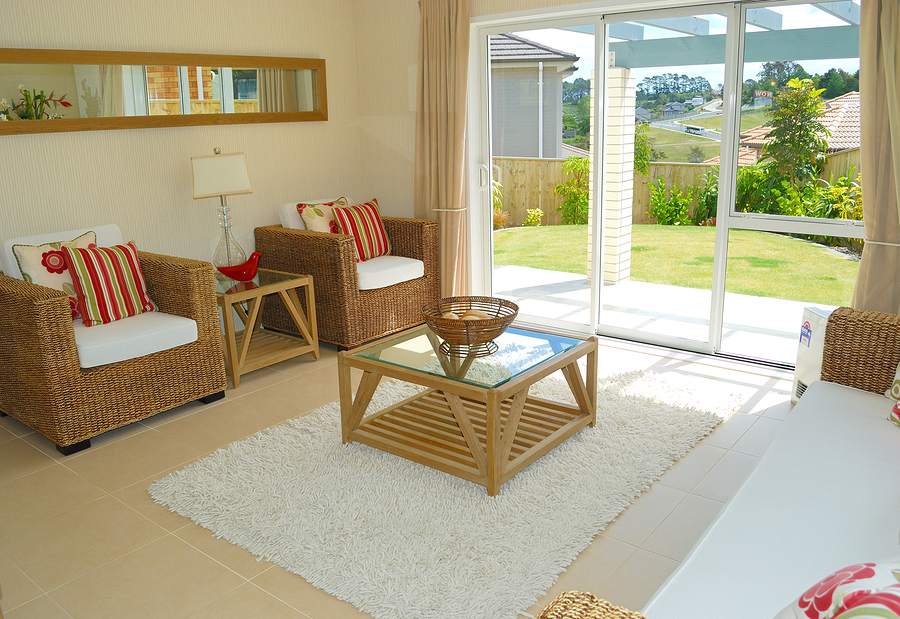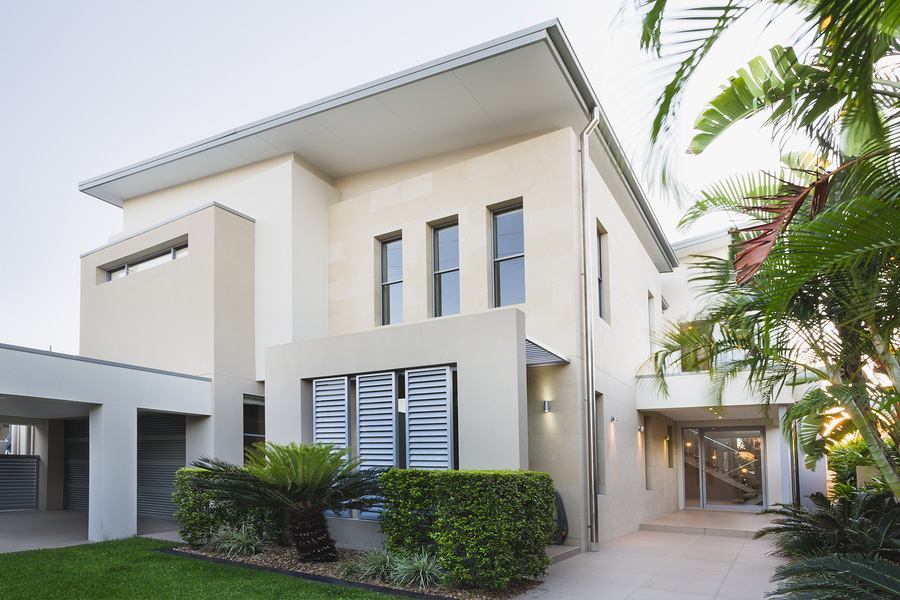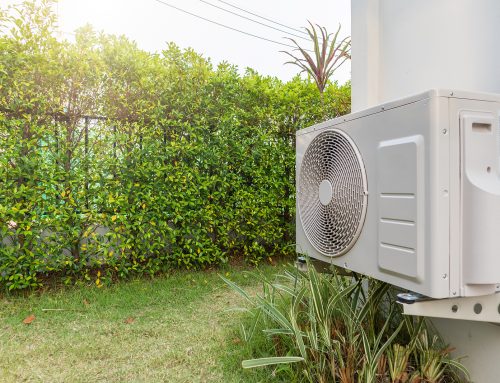Did you know that the first air conditioners weren’t actually created with the goal of cooling in mind.
Rather, they were designed to reduce humidity – cooling was just a convenient side-effect!
And while most of use nowadays associate air conditioning with cooling, it still carries out its original goal admirably.
The recommended level of indoor humidity for health and comfort is between 30-50% – any higher can cause discomfort, as well as a host of other effects.
Besides from just being incredibly unpleasant however, humidity that exceeds this percentage also has a dramatic effect on how your heating and cooling systems function.
Read on to learn more about the effect of humidity on your air conditioning in Brisbane.
More than just discomfort: how humidity affects your cooling
Not only does high humidity make you hot and sticky, but it also makes you feel warmer than you really are.
But how does humidity affect your air conditioning system?
In theory, your air conditioner removes moisture from the air when it sucks it in to be conditioned. However, when humidity levels spike, many systems can’t cope with the added workload.
It’s not just air conditioners: since many heater use the same “heat pump” principle as air conditioners (just in reverse), heaters have similar issues.
And all of that leads to…
1) Higher power bills
There’s no way around this: your air conditioner has a finite capacity.
That’s what makes system design so important – we need to choose one that offers the right amount of power and capability for your home or business.
And more humidity simply needs more energy to be remove.
On days where humidity is high or in homes and businesses with poor ventilation, an insufficient air conditioning system needs to work overtime to deliver comfort.
This means higher energy usage and a bigger quarterly energy bill.
2) Less powerful cooling
On the flip side, high humidity also means that your air conditioner won’t be able to provide as much cooling, either!
With high humidity, more of your air conditioner’s capacity is being spent on removing humidity. That means less left over to cool the air.
Think of it a bit like the opportunity cost – your A/C unit has finite capacity. If it’s using a lot of that capacity to remove moisture or humidity, that leaves less capacity left to provide cooling.
The importance of an efficient air conditioning system
In Brisbane’s climate, where managing humidity and temperature is crucial, an efficient air conditioning system can make all the difference. Efficient systems are designed to balance cooling power with energy consumption, ultimately saving you money on your energy bills.
They also come with advanced features such as smart thermostats and zoning capabilities, allowing you to customise your cooling needs. Remember, efficiency isn’t just about cost-saving; it’s also about delivering optimal comfort with minimal energy waste.

Not just cooling: how humidity affects your heater
As mentioned above, many heaters use the same “heat pump” principle found in air conditioners, just in reverse, to warm a space.
As such, humidity also has an effect on your heating when winter rolls around.
For starters, cold weather tends to be less humid. As a result, you may find yourself feeling a lot colder than it actually is.
1) A humid home = higher heating bills
We mentioned above how high humidity means your air conditioner needs to work extra-hard to remove excess moisture. Well, your heater is the same… just in reverse!
Drier air feels cooler than humid air. As such, it’ll often feel colder than it actually is during winter.
What that means is many home and business owners turn the heater up further to compensate. This dramatically increases your energy consumption.
2) A colder home
Just like air conditioners, many heaters have finite capacity.
If the majority of that heating capacity is being spent on humidifying your home, that means less capacity left for heating.
3) More frequent maintenance and cleaning
One less well-known consequence of humidity (or a lack thereof) is more frequent cleaning and maintenance for your heater.
Dry air carries airborne bacteria and dust much more easily than humid air, as dry air is thinner resulting in less air resistance.
So when your heater sucks in cold air to warm up, it’s also sucking in more airborne bacteria and dust.
This clogs the filters in your system, necessitating more frequent cleans and maintenance.

Need an air conditioning system to help maintain humidity in the home or office?
Get in touch with our Brisbane’s best air conditioning team!
Tri-Tech Air Conditioning’s expert team has been supporting residential and commercial air conditioning clients in Brisbane for more than three decades!
During that time, we’ve built up a wealth of knowledge and experience which we use to provide you with the optimal air conditioning solutions.
It’s because of this that we’re the #1 Brisbane air conditioning team. No matter your questions, we’ll have the answers.
Planning an air conditioning installation in Brisbane? Get in touch with our team here, or call us on (07) 3394 0222 for expert advice.
Alternatively, you can check out our blog for further insights into the fascinating world of air conditioning!






